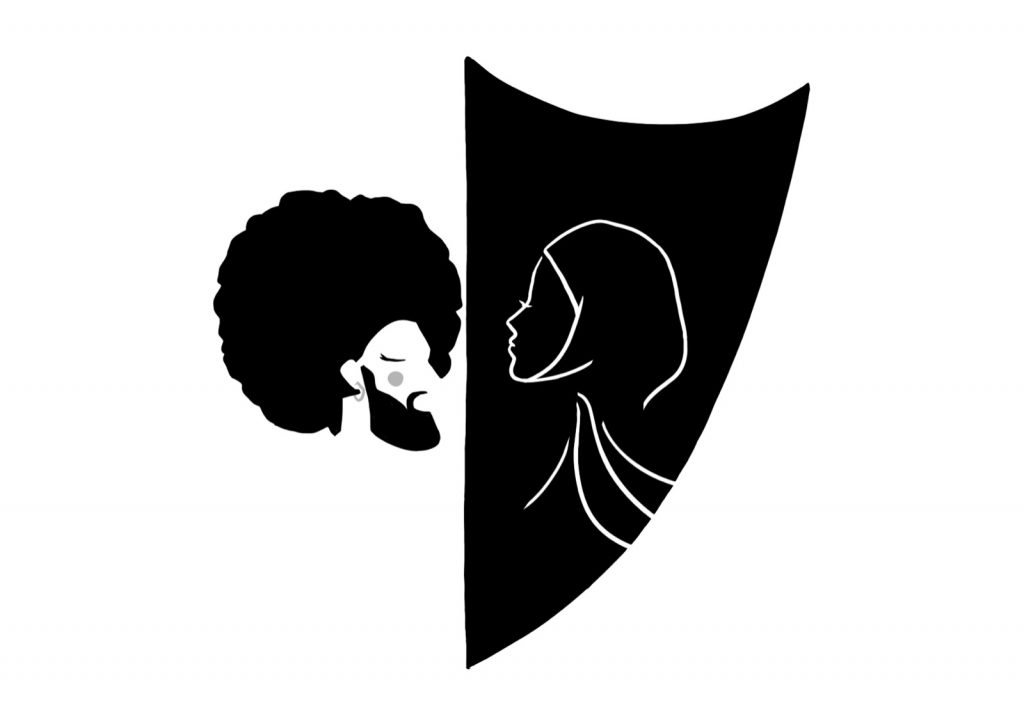Dear Hertie Administration,
In the 2019/20 academic year, several students requested course content cognisant of the policy approaches from Asia and Latin America — continents where Hertie draws more than 30% of its students from. They were rebuffed and told that Hertie was not an institution that seeks to educate students returning to their home nations on how to govern.
While this reasoning was commendable, it missed the point.
The current global crisis has shone a light on the fact that states have vastly different legislative and cultural approaches to public policy challenges, with most of the West found to be lacking. In [South] East Asia, however, several economies were able to continue with minimal disruption to everyday life.
Learning Eastern or Latin American approaches to public policy is not necessary because it presumes that a Hertie degree is an automatic gateway to leadership. Rather, it should be a requirement because understanding a variety of policy treatments leaves our students better equipped to make the right choices.
However, the benefits are not just linked to our ability to comprehend alternative approaches to policy making. They are also intertwined with our natural curiosity as students; regardless of whether we do or do not build a career in public policy after we graduate. Covid-19, again, has helped illustrate the importance of this.
For instance, why did Peru suffer one of the worst per capita death tolls in Latin America, although it shut its borders, imposed a lockdown and instituted track and trace earlier than its neighbours (and many other countries around the world)? Or, if culturally lazy arguments that (South) East Asian citizens are more compliant than Westerners hold any truth, why were several Western economies more easily able to implement highly restrictive multi-month lockdowns than they were compulsory mask-wearing policies?
Academic curiosity calls for comparative analyses of countries. This is an area where the Hertie course content is currently weak at, considering our lack of focus on non-Western nations. In response to continuous advocacy for non-Western policy concepts, the university has encouraged students to bring their own ideas to the class, however, we believe The Hertie School would be greatly improved if staff and the University itself take the lead in further developing this area themselves.
A more holistic approach would also be of equal benefit to those of us born and raised in the West who, having seen the vastly differing results emanating from the Covid-19 crisis, are more willing than ever to engage with ideas that originate from other parts of the world. But ultimately, and perhaps most importantly, teaching course content centred on approaches from the Global South tells our students coming from those parts of the world that their contexts and experiences are relevant.
This article was authored by the Executive Board of SHIELD and additionally endorsed by the following student societies:
Hertie Student Representation (HSR)
Pride Network
International Security Club
International Development Club
International Relations Club
Socialists and Progressives Network
The Governance Post

SHIELD is a student-led advocacy group for intersectional diversity based at the Hertie School in Berlin. Through events, policy-based action, and educational initiatives, SHIELD aims to promote progressive measures to fight institutional discrimination and make the Hertie School a leader in diversity and inclusion. Visit their website, shield-hertie.com, for more information.
